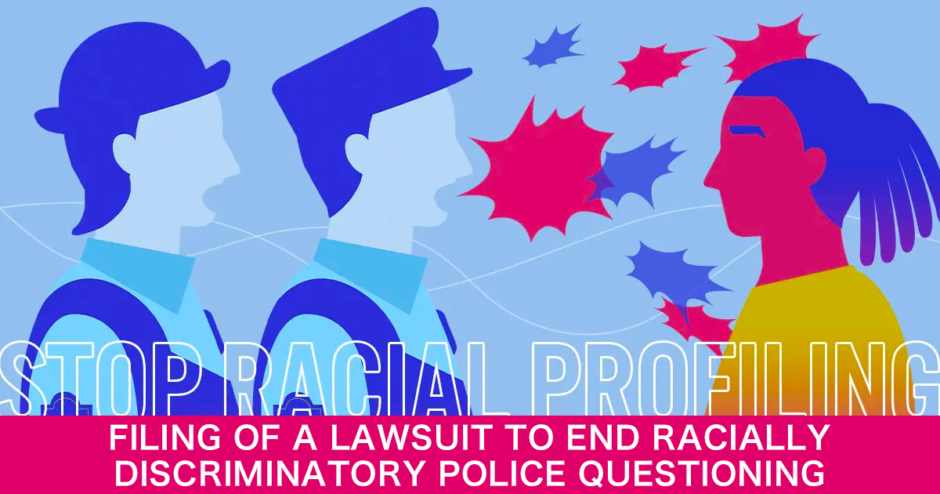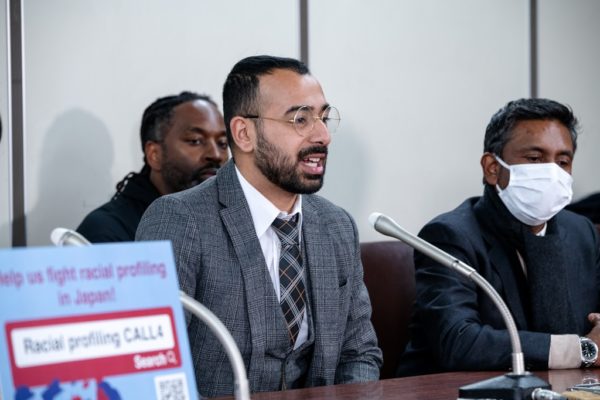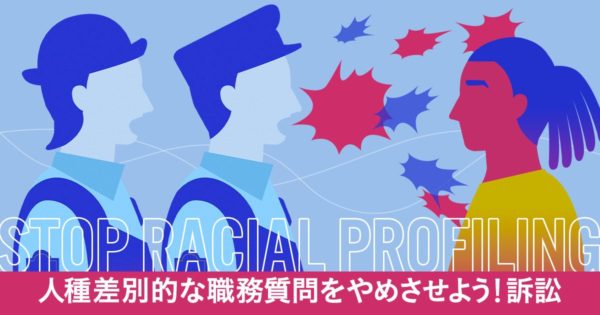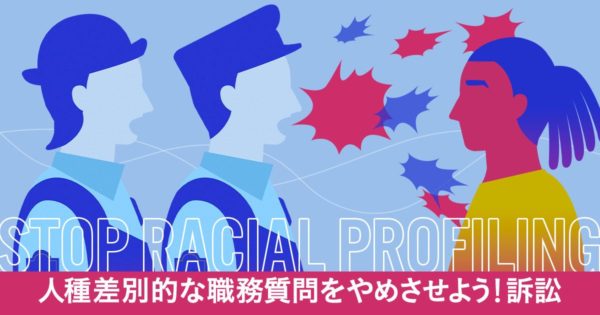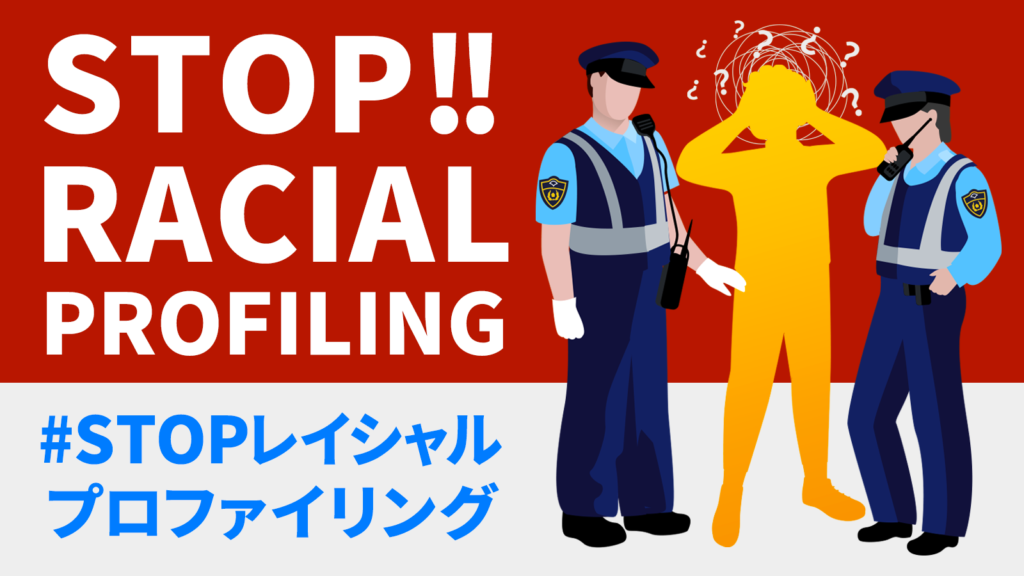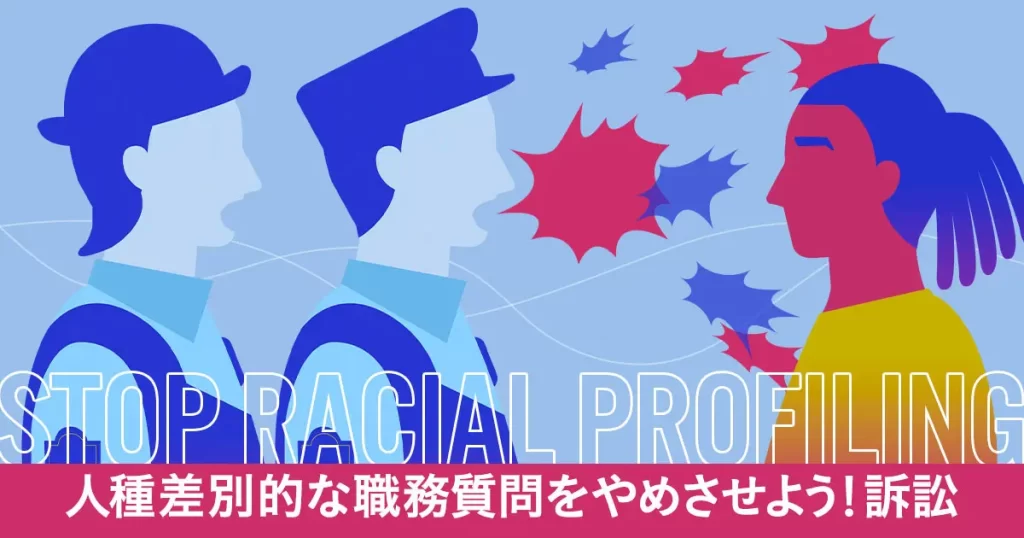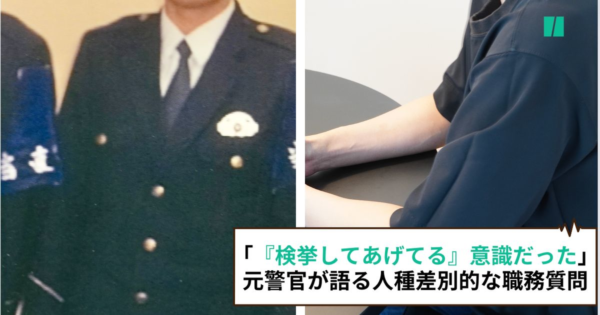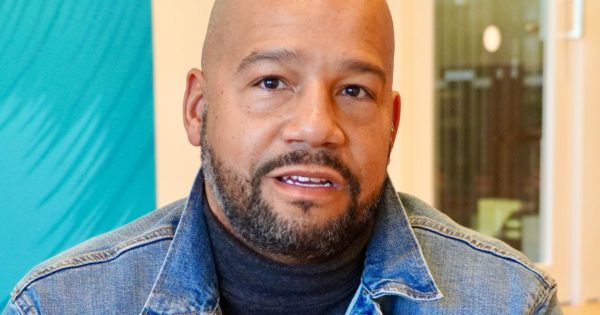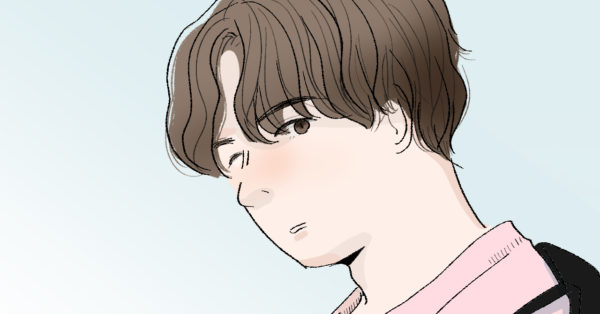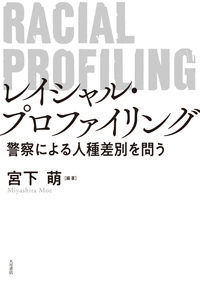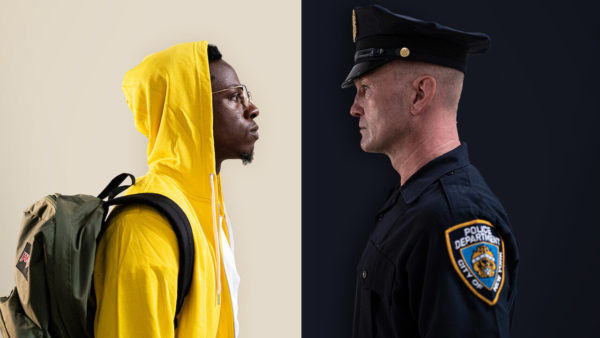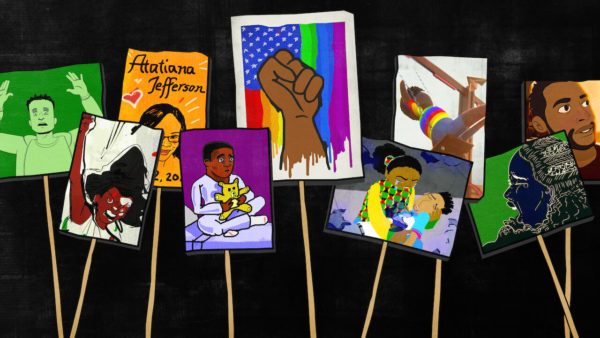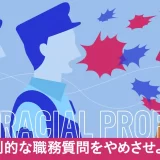Black History Month 2024 has begun. The first topic we want to focus on is the “Lawsuit to Stop Racial Profiling” filed by three plaintiffs and their legal team at the Tokyo District Court on January 29. This lawsuit aims to address the issue of racial profiling in Japan.
もくじ
If you want to learn more about the outline and points in dispute of the Lawsuit to Stop Racial Profiling, we recommend the following websites:
I have experienced multiple instances of racial profiling.
I have been ambushed at railway crossings or after crossing a road on the green light on a pedestrian crossing, and I have been called out of nowhere on the way to my part-time job…
Countless and distressing as it is, I stopped keeping track of how many times I have been questioned by the police.
Here is an example of one of my stories.
Police Officer “Hey, stop for a moment. Whose bike is this?”
Me “It’s mine.”
Police Officer “Tell me your name.”
Me “Why?”
Police Officer “There’s been a bike theft around here.”
Me “Was it a bike in the same color?”
Police Officer “Let me check your registration.”
Me “If it’s not the same make or color as this bike, isn’t that wrong?”
Police Officer (presumably checking registration on the radio) “Name! Tell me your name!”
Me (answers, feeling scared by the disconcerting tone)
Police Officer “What’s that?”
Me (repeats name)
Police Officer (shouting a completely different name into the radio, adding) “She’s a foreigner!”
Me “I’m not a foreigner.”
Police Officer (side-eyeing me, looking annoyed) “She’s a naturalized foreigner!”
Me “I’m not naturalized.”
Police Officer (stops talking to the radio and facing me, rapid-fire questions) “You’re a nightlife worker? You’re from (country)?”
Me “Nightlife worker? No, I’m a high school student, and I’m Japanese.”
Police Officer “You’re not a nightlife worker? Show me your ID.”
This questioning continued in the same manner, and I ended up opening my bag and wallet on a busy sidewalk, showing my ID to the police officer.
Police Officer “You really don’t have a Foreign Registration Card?”
The police officer continued questioning until the end. As a result of this encounter, I was late for my plans.
The episode above is a story from my high school days. As a high school student, I was far from being adequately prepared to deal with discrimination based on occupation, discrimination against foreigners, discrimination against individuals from specific countries, gender discrimination, or racial discrimination.
When I returned home and told my parents about this incident, they taught me how to handle encounters with police officers:
- Immediately make hands visible when approached.
- Respond promptly and clearly.
- Never take a confrontational attitude.
- If asked to see bicycle registration, comply at once.
- Maintain a certain distance from the police officer.
A few months later, I encountered another police questioning.
“Ugh, again,” I thought, slightly irritated, unlike myself.
I was just going about my business, it’s wrong. When I was asked for my identification, I said so and didn’t show it right away.
When I told my parents about this incident, they worriedly said, “If you act defiantly, you could get arrested! Please, do as the police officers say.”
These racially discriminatory police questioning, with no reasonable suspicion, have caught me off guard on an ordinary day, repeatedly taken away my time and trampled on my dignity.
This is the life I live.
Reasonable suspicion refers to the grounds or justification that the police have to believe that a particular individual or location is involved in criminal activity when conducting an investigation.
I first learned about the concept of “racial profiling” during the George Floyd incident, which became a significant catalyst for the Black Lives Matter movement in 2020.
And I realized that what I had experienced e could also be considered racial profiling.
Since then, I have consciously gathered information to learn more about racial profiling.
One of the factors that makes it difficult for many to speak out about this issue is the simplification of the distinction between “Japanese” and “foreigners,” which suppresses the voices of those directly affected by discrimination. Examples of this heartless behavior are often seen on social media.
In the midst of this, I was deeply impressed by the courage of the three individuals who became plaintiffs and filed a lawsuit, risking their privacy and safety by revealing their faces and names.
The three plaintiffs involved in the lawsuit are foreign residents – Pakistani, African American, and South Pacific Islander.I realized that people from diverse backgrounds are regularly facing this issue.
I had the opportunity to participate in the press conference held on February 1st and listen to the accounts of the speakers as an attendee.On that day, Attorney Taniguchi and Plaintiff Maurice took the stage. (You can find their introductions here).
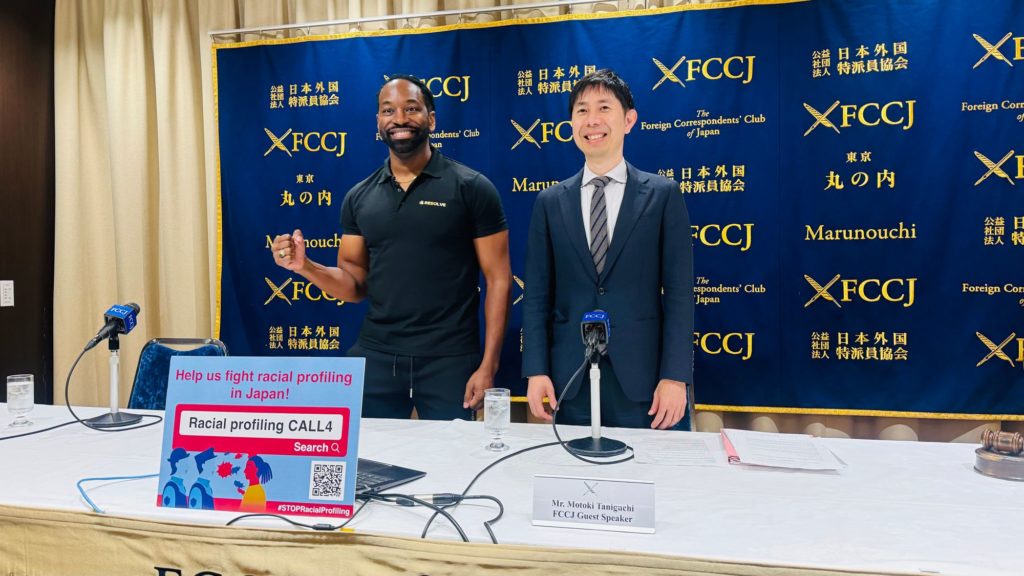
The words spoken by Maurice, a long-time resident of Japan who has been repeatedly subjected to police stops, were spoken with strong determination.
Here is a selection of the remarks that left a particularly strong impression:
I came to Japan for love. And here, I have a family that I have nurtured with love, and a business that I have established. I have been told many times to ‘leave if you don’t like it.’ Even though my entire life is here, who would say such a thing?
It’s not about which police stop became the catalyst. It was the accumulation of many small incidents that led me to become a plaintiff in this lawsuit. (When asked if there was a particular police stop that prompted him to take a stand.)There are people with various backgrounds living in Japan. For the sake of those people and the next generation, I have decided to stand in their place. I would take a bullet if necessary. I would take a bullet again.
Maurice’s comments
I not only empathize with Maurice’s words but also feel deeply moved by his strong emotions.
And I wonder how I can continue to support those who have made such a resolute decision to speak up against the same issues that the face.
There are official accounts for ‘STOP Racial Profiling.’ We will be providing updates on future lawsuits through this account, so please follow us and help spread the word to others.
- X(Twitter)@STOP_RP_
- Facebook @stopRPjp
- Instagram @stoprpinjapan
Additionally, you can attend hearings and report hate speech or utilize the “dislike” button on news articles and social media posts if available.
Above all, keep learning and educating yourself about the issue.
Overview: Racial Profiling and Bag Searches by Japanese Police Based on Appearance
Japanese Human Rights Awareness and Racial Profiling | Naomi Kawahara (TEDx)
“They Think They’re Arresting Someone”: A Former Police Officer Talks About the Underlying Issues of Racial Profiling (HuffPost Japan)
“But You’re Black”: Investigation of Racially Discriminatory Police Stops, 329 People Share Their Stories (HuffPost Japan)
Survey Report on Racial Profiling (Police Stops) of People with Foreign Roots in Japan for the 2021 Fiscal Year / Investigation conducted by the Foreigners’ Rights Committee of the Tokyo Bar Association
Open the PDF file
At the start of the press conference, Maurice introduced Attorney Taniguchi with a smile, saying confidently,
“He is my lawyer.”
This was a memorable scene for me.
I felt that Attorney Taniguchi and the entire legal team were not just the lawyers for the three plaintiffs, but also the lawyers for all those who have suffered from racial profiling.
The three plaintiffs have raised their voices not only for themselves but also for many others, to ensure that such experiences do not happen again.
I believe that this courageous action is making history in real time, particularly during Black History Month.
This issue is not limited to the history of individuals with Black roots.
Everyone is affected by this issue.
Through art, music, poetry, journalism, social media, and any other means available to us, let’s take action to eliminate racially discriminatory police stops.
About Japan for Black Lives
We, Japan for Black Lives, are working to deepen understanding of black discrimination. Our members can be found here. We also accept inquiries for interviews and speaking engagements via email.

